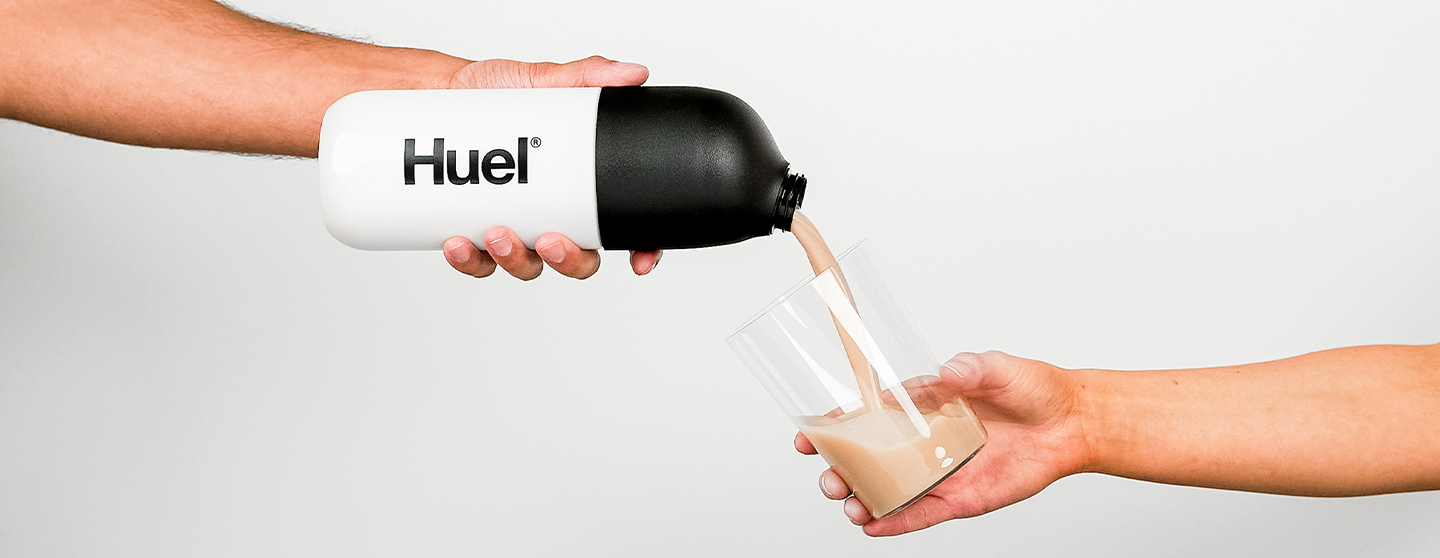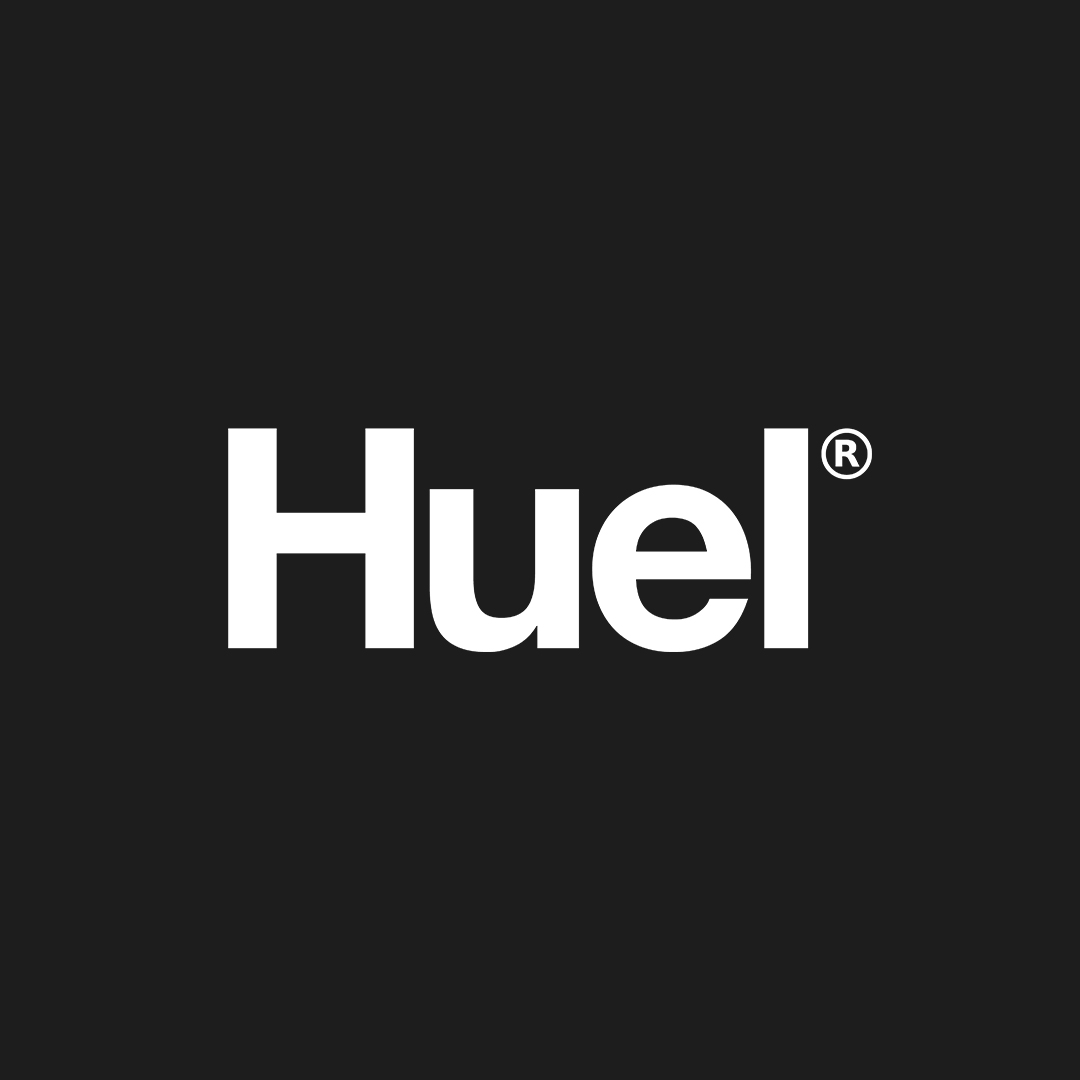

Huel Limited

Hertfordshire, United Kingdom
June 2023
Food products
Wholesale/Retail
France,
Germany,
Japan,
Netherlands The,
Poland,
Sweden,
United Kingdom,
United States
Huel (Human + Fuel) launched in 2015 with a mission: ‘to make nutritionally complete, convenient, affordable food, with minimal impact on animals and the environment.’ The ready-in-seconds, plant-based meals it makes handily come with all the nutrients your body needs from food. This convenient approach to nutrition has seen the company build a strong community, with millions of Hueligans worldwide (that’s the name Huel followers give themselves). Huel and its Hueligans call it ‘future food’. That’s food that is fit for the future, both in terms of what they make and how they make it. Huel’s commitment to being a sustainable business runs deep throughout the organisation. Their sustainability goals are to ensure that all the meals they produce are low carbon, all ingredients are low impact, all people are treated with respect, and that the company gives back through profit sharing and employee volunteering. It’s an ongoing process, but Huel firmly believes that it is possible to build a sustainable food system that nourishes both ourselves and the planet we live on.
Overall B Impact Score
Governance 17.1
Governance evaluates a company's overall mission, engagement around its social/environmental impact, ethics, and transparency. This section also evaluates the ability of a company to protect their mission and formally consider stakeholders in decision making through their corporate structure (e.g. benefit corporation) or corporate governing documents.
What is this? A company with an Impact Business Model is intentionally designed to create a specific positive outcome for one of its stakeholders - such as workers, community, environment, or customers.
Workers 27.3
Workers evaluates a company’s contributions to its employees’ financial security, health & safety, wellness, career development, and engagement & satisfaction. In addition, this section recognizes business models designed to benefit workers, such as companies that are at least 40% owned by non-executive employees and those that have workforce development programs to support individuals with barriers to employment.
Community 15.1
Community evaluates a company’s engagement with and impact on the communities in which it operates, hires from, and sources from. Topics include diversity, equity & inclusion, economic impact, civic engagement, charitable giving, and supply chain management. In addition, this section recognizes business models that are designed to address specific community-oriented problems, such as poverty alleviation through fair trade sourcing or distribution via microenterprises, producer cooperative models, locally focused economic development, and formal charitable giving commitments.
Environment 29.2
Environment evaluates a company’s overall environmental management practices as well as its impact on the air, climate, water, land, and biodiversity. This includes the direct impact of a company’s operations and, when applicable its supply chain and distribution channels. This section also recognizes companies with environmentally innovative production processes and those that sell products or services that have a positive environmental impact. Some examples might include products and services that create renewable energy, reduce consumption or waste, conserve land or wildlife, provide less toxic alternatives to the market, or educate people about environmental problems.
What is this? A company with an Impact Business Model is intentionally designed to create a specific positive outcome for one of its stakeholders - such as workers, community, environment, or customers.
Customers 3.2
Customers evaluates a company’s stewardship of its customers through the quality of its products and services, ethical marketing, data privacy and security, and feedback channels. In addition, this section recognizes products or services that are designed to address a particular social problem for or through its customers, such as health or educational products, arts & media products, serving underserved customers/clients, and services that improve the social impact of other businesses or organizations.